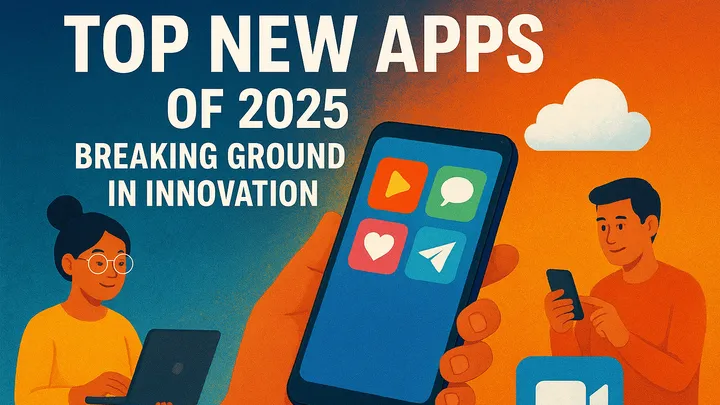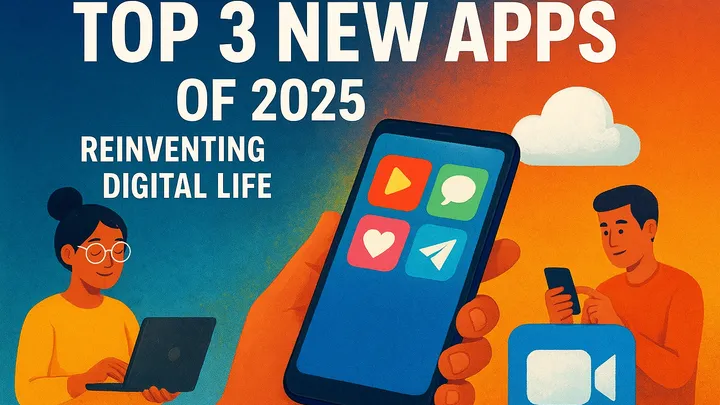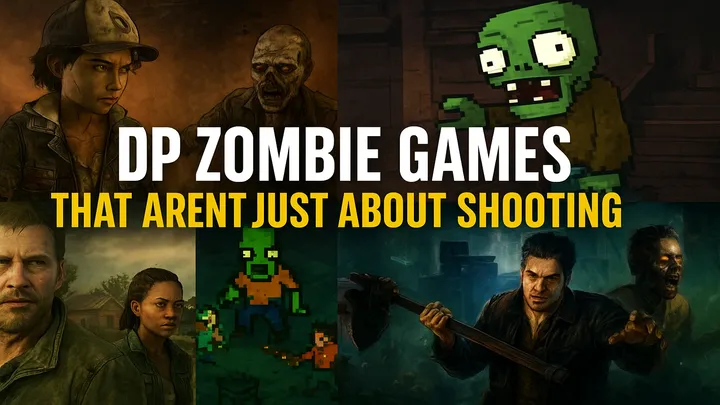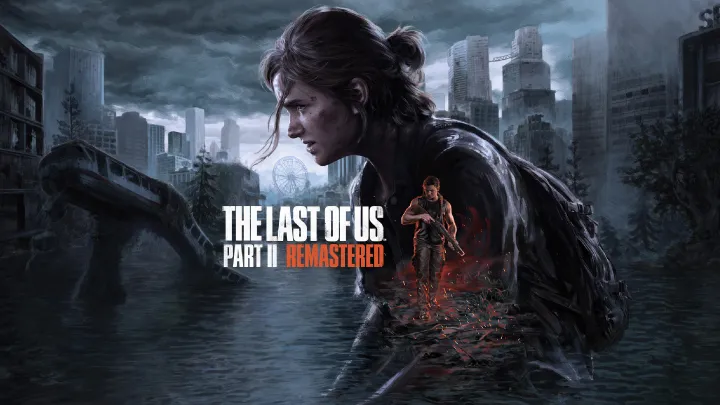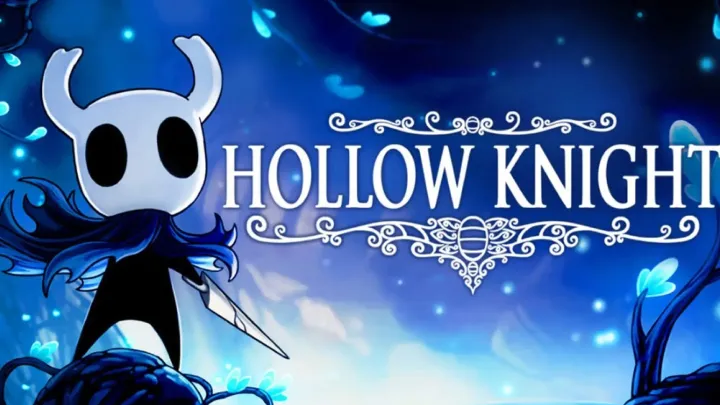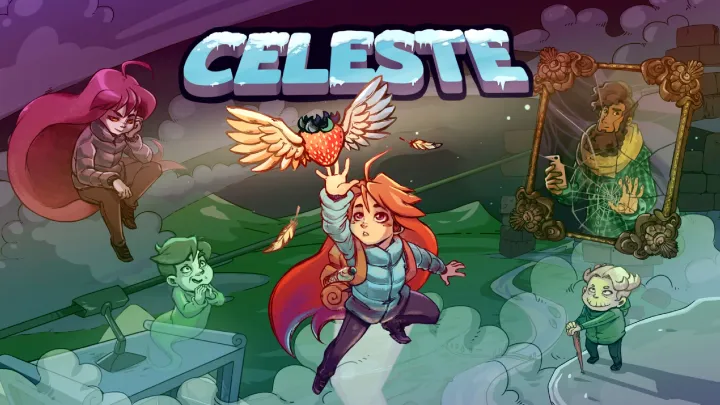Video games are no longer just about combat or puzzles—they’ve evolved into interactive stories where morality plays a central role. Some games challenge players with tough decisions, forcing them to choose between right and wrong, compassion and cruelty, or self-interest and sacrifice. These choices don’t just alter dialogue; they can change entire storylines, character fates, and even the ending itself. Let’s dive into the top morality-based games where your choices truly matter.
Mass Effect Trilogy – Shaping the Galaxy
BioWare’s Mass Effect series is one of the best examples of morality-based gameplay.
- The Paragon vs. Renegade system lets players decide whether Commander Shepard is a compassionate leader or a ruthless fighter.
- Choices in one game carry over to sequels, influencing relationships and even which characters live or die.
- Multiple endings reflect the cumulative impact of decisions.
The trilogy remains a gold standard for long-term morality in gaming.
The Witcher 3: Wild Hunt – Shades of Gray
Unlike simple good-vs-evil systems, The Witcher 3 thrives on morally gray decisions.
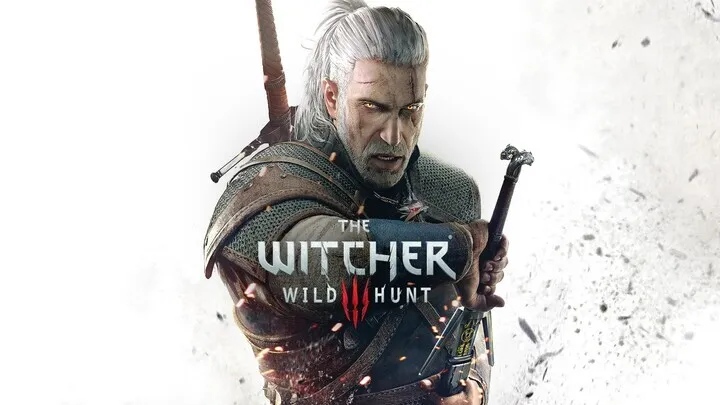
- Choices often have delayed consequences, making players second-guess themselves.
- Example: deciding the fate of the Bloody Baron’s family creates lasting ripple effects.
- Geralt’s neutrality is tested constantly, pushing players to question their ethics.
It’s a game where no choice feels purely right or wrong.
Detroit: Become Human – A Web of Consequences
Quantic Dream’s Detroit: Become Human is built entirely on choice and consequence.
- Every decision branches into new storylines with over 30 different endings.
- Morality affects the futures of three android protagonists.
- Small actions, like saving a stranger, can drastically alter the overall narrative.
This interactive drama is perfect for players who want their morality tested at every turn.
Telltale’s The Walking Dead – Survival and Sacrifice
The Walking Dead series by Telltale Games delivers some of the most heart-wrenching choices in gaming.
- Players must decide who lives and who dies in a brutal zombie apocalypse.
- Relationships, especially between Lee and Clementine, are shaped by moral decisions.
- No choice is easy—sacrifice and loss are inevitable.
It’s a storytelling masterpiece where morality defines survival.
Fallout: New Vegas – Freedom and Consequence
Obsidian’s Fallout: New Vegas is renowned for its branching moral paths.
- Factions compete for control, and players must choose alliances.
- Morality determines whether you become a hero, villain, or something in between.
- Every choice shifts the power balance in the Mojave Wasteland.
It’s a role-playing classic where morality truly defines the ending.
Heavy Rain – Morality in Personal Choices
Quantic Dream’s Heavy Rain combines mystery with moral dilemmas.
- Players guide four characters in search of a serial killer.
- Decisions like risking your life for your child test emotional morality.
- Multiple endings reflect how much you’re willing to sacrifice.
It’s an emotional experience where morality feels painfully real.
Life is Strange – Emotional Butterfly Effect
Life is Strange focuses on morality through relationships and time manipulation.
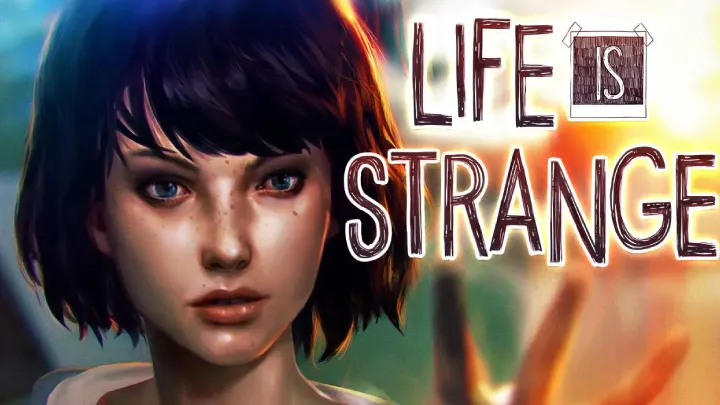
- Players control Max, who can rewind time to alter choices.
- Decisions affect friendships, romances, and the town’s fate.
- The ending forces players into one of the toughest moral dilemmas in gaming.
It’s a deeply emotional reminder that every action has consequences.
Why Morality Systems Matter in Gaming
- They give players agency over storytelling.
- Moral dilemmas create emotional investment.
- Replayability increases with multiple possible outcomes.
Unlike linear games, morality-based titles encourage players to reflect on their values and experience unique narratives.
Conclusion
From commanding armies in Mass Effect to struggling with emotional sacrifices in Life is Strange, morality-based games prove that choices truly define the journey. They go beyond entertainment, challenging us to reflect on our values and decisions. In the end, these games remind us that in life—just like in gaming—every choice matters.








